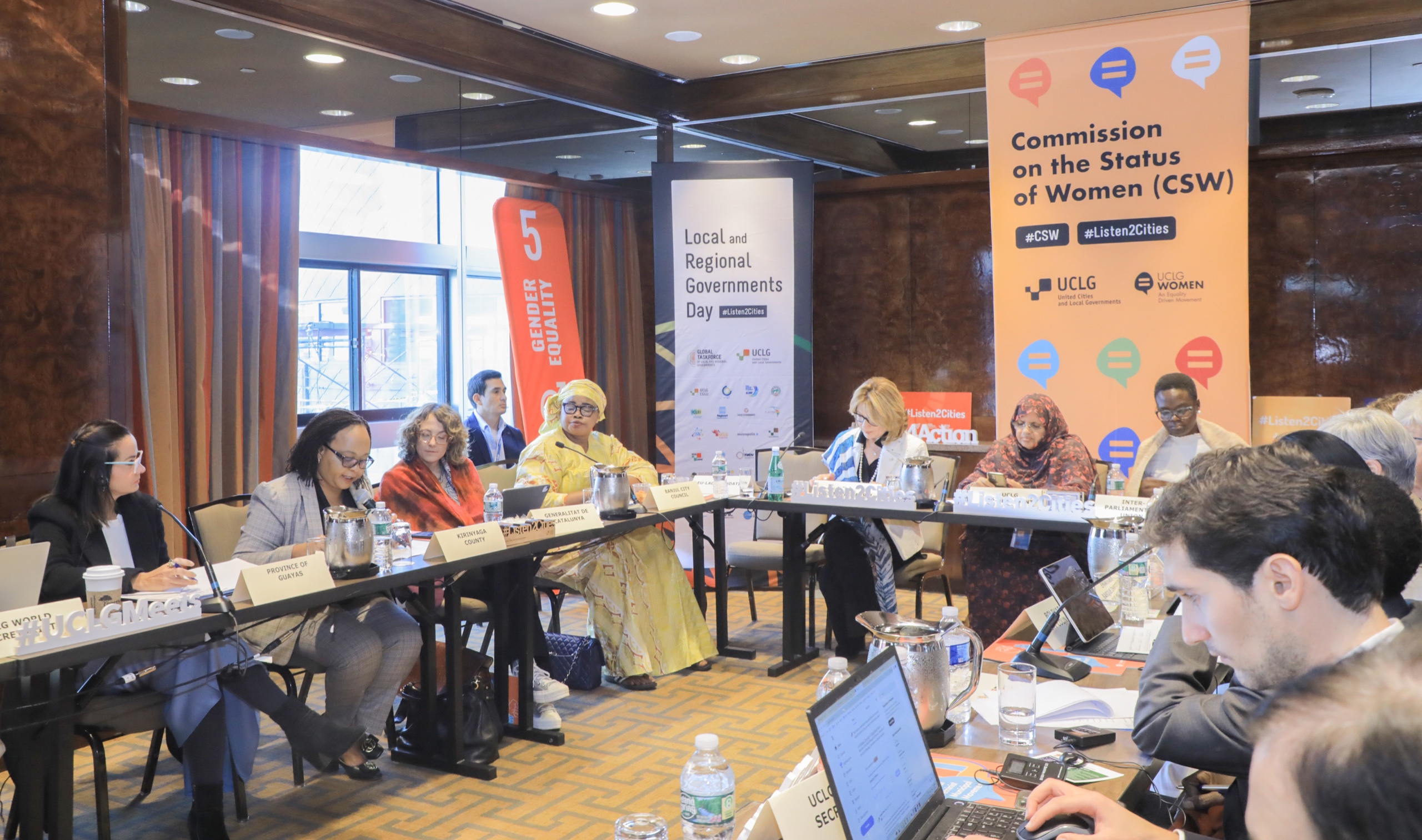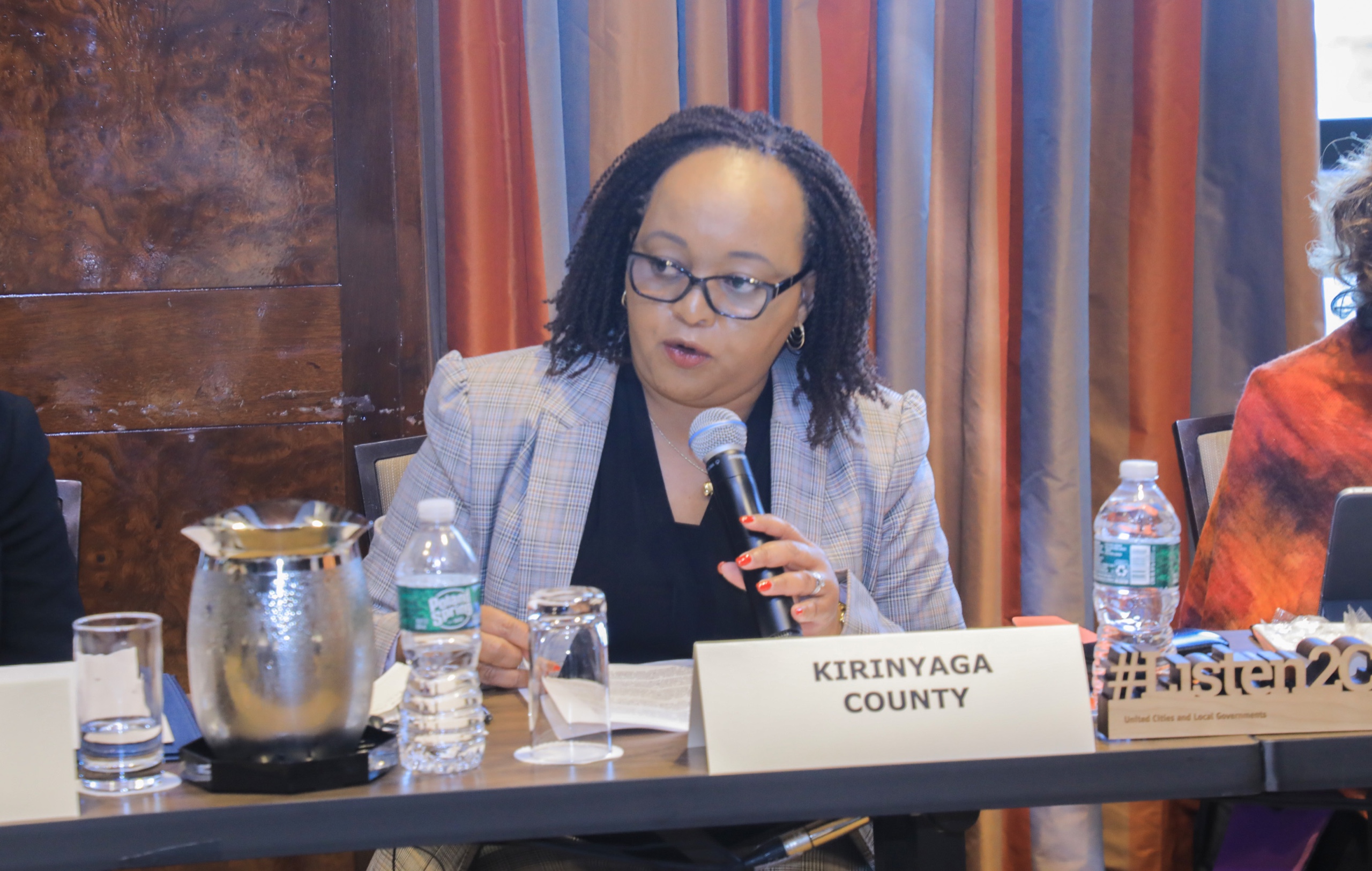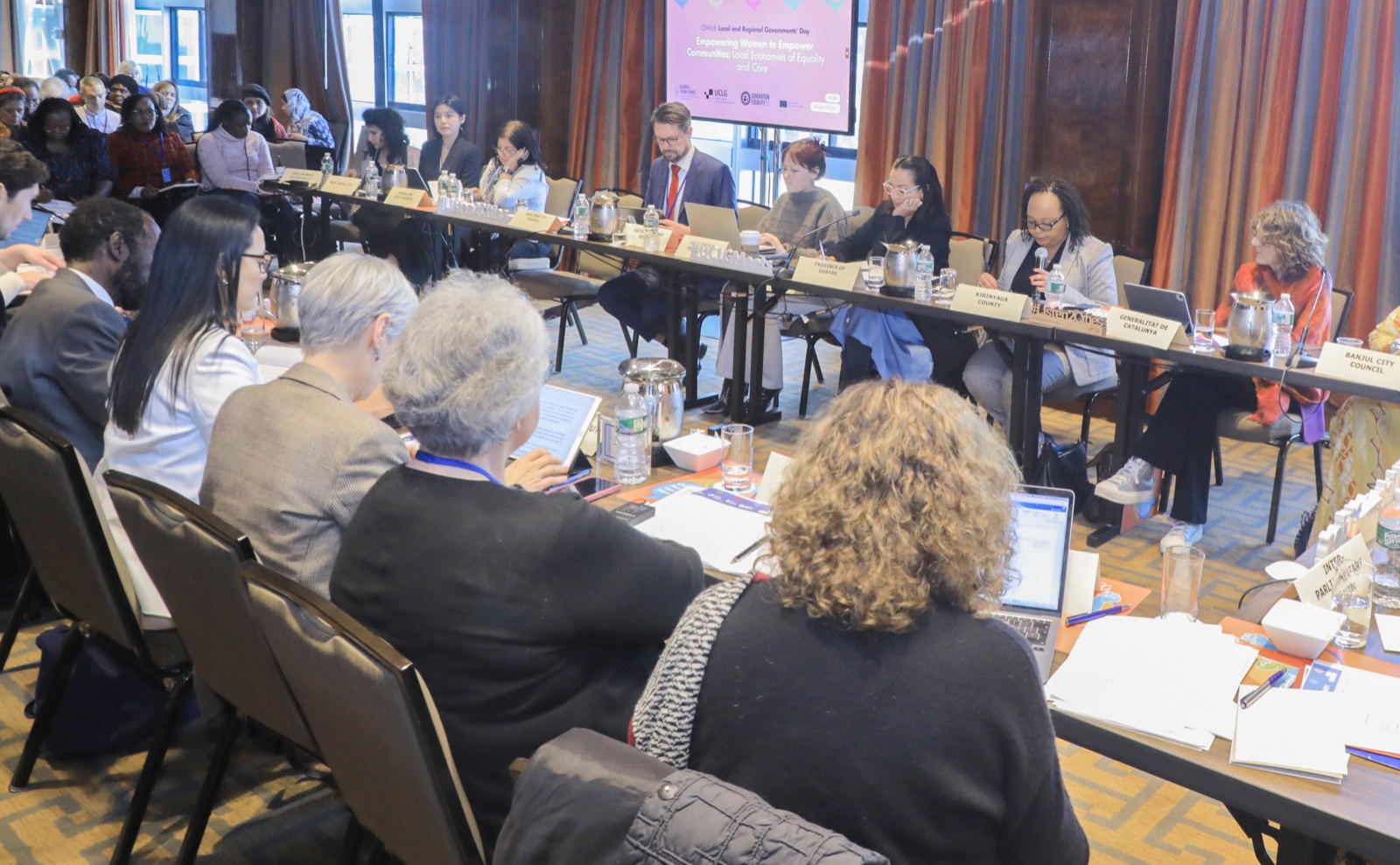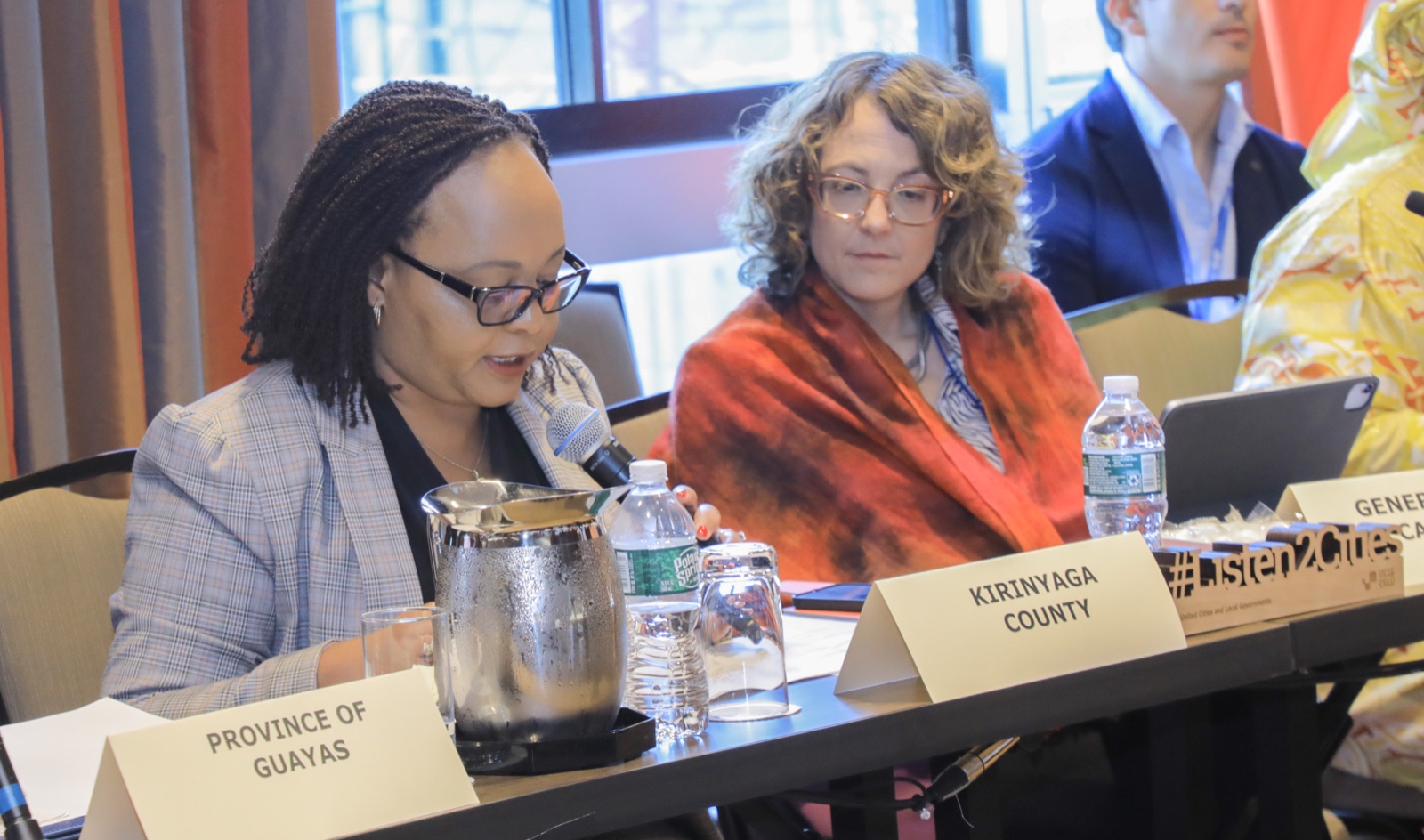Waiguru says counties committed to ending women poverty and advance gender equality
Council of Governors (COG) chair Anne Waiguru has said that County Governments have invested heavily on programmes to end women’s poverty and advance gender equality.
Waiguru said the programmes which includes economic empowerment, healthcare, education and leadership, aim at ending poverty among women to foster inclusive and sustainable economic development for all.
The Chair who spoke during the 68th annual Commission on the Status of Women (CSW68), side event in New York, United States, said the devolved units have adopted a multifaceted approach to ensure women have equal opportunities to access education, healthcare, finance and decent employment.
The annual CSW is the UN’s largest annual gathering on gender equality and women’s empowerment.
She said some of the solutions adopted by counties to end women’s poverty include providing equal employment opportunities, increasing access to resources and financial assets, mentorship for entrepreneurship and leadership. Others include trainings to end deep-rooted stereotypes that limit women’s participation in education, skills enhancement to increase their access to decent employment, and decision-making among others.
“Several counties have integrated gender considerations into their development plans and budgets. By mainstreaming gender, these counties aim to ensure that resources and opportunities are equitably distributed among men and women, promoting equality and inclusivity,” she said.
Giving an example of Wezesha Kirinyaga empowerment programme, Waiguru said counties have established women’s funds or economic empowerment programs to provide financial support, training, and mentorship to women entrepreneurs.
“These programs have helped women start or expand their businesses, thereby contributing to local economic growth,” she said.
The Chair said Counties have implemented initiatives to support women in agribusiness by providing access to markets, training in modern farming techniques, and promoting value addition activities like food processing and agro-processing.
She said adherence to the two-third gender rule in county appointments has enabled women occupy positions of authority where they influence policy and laws that are responsive to women and girls.
The governor said counties have also prioritized healthcare initiatives targeting women and mothers through establishment of maternal and child health clinics, providing prenatal and postnatal care services, and promoting family planning and reproductive health education.
Noting that more women than men are living in poverty, Waiguru said by ensuring equal access to opportunities and decision-making for all, societies can create healthier and just economies.
She said County Governments have also implemented robust social protection policies, which have provided a framework for implementing social protection initiatives such as Inua Jamii programme for older person and PWD while ensuring that vulnerable populations have access to basic services and social safety nets.
“Evidence from around the world has shown that a strong social protection system can help break the devastating cycle of poverty. The effective implementation of social protection measures are crucial to ensure comprehensive development across all sectors. The well-being of citizens, particularly those who are disadvantaged and underprivileged, hinges on the availability of robust social protection mechanisms,” Waiguru added.
The Kirinyaga Governor said Kenya has made significant strides in getting more women into political offices and in order to secure this achievement, the seven female Governors have launched a G7 strategy aimed at guaranteeing the re-election of the current female governors and increasing the number in the upcoming election.







